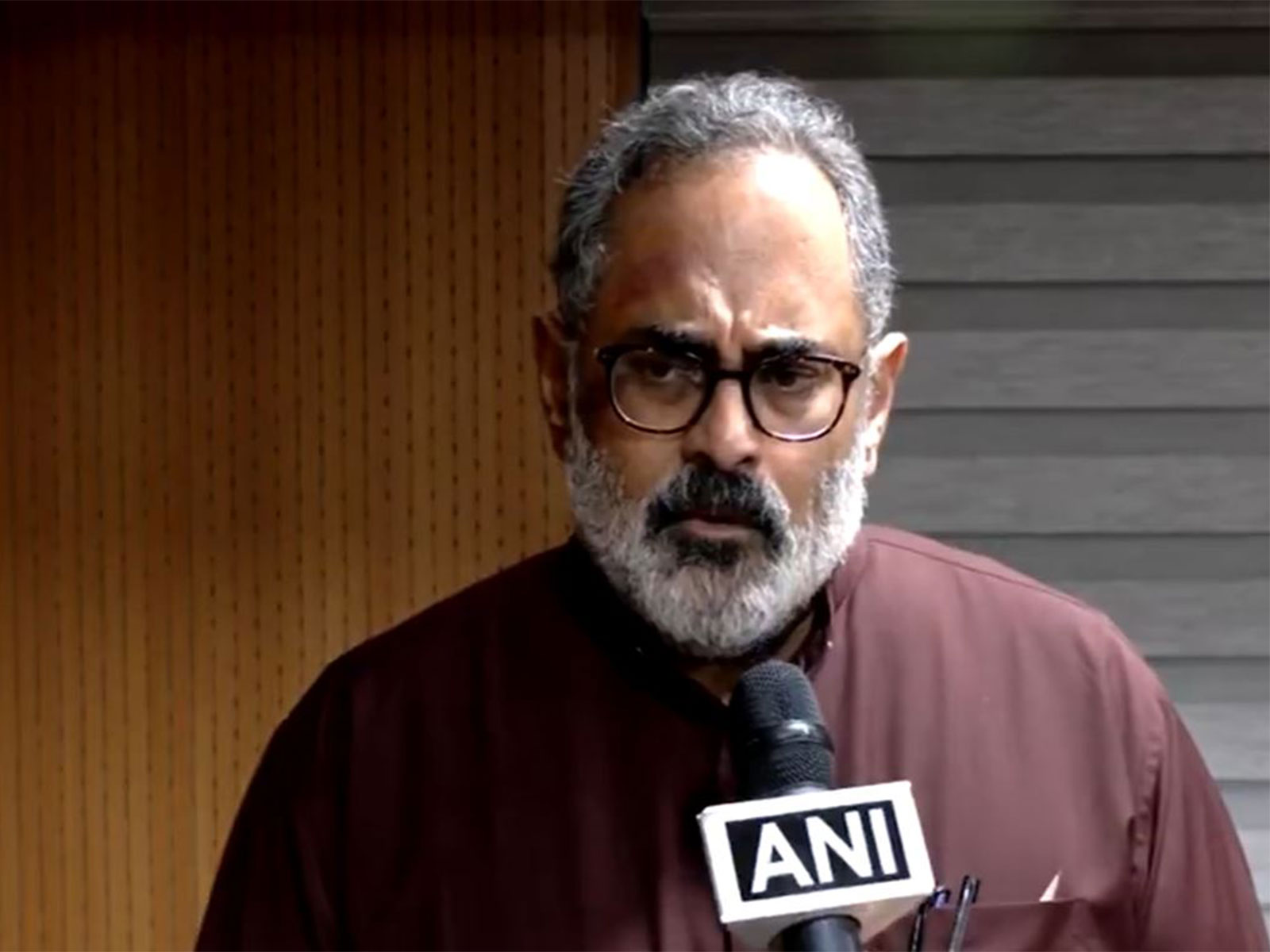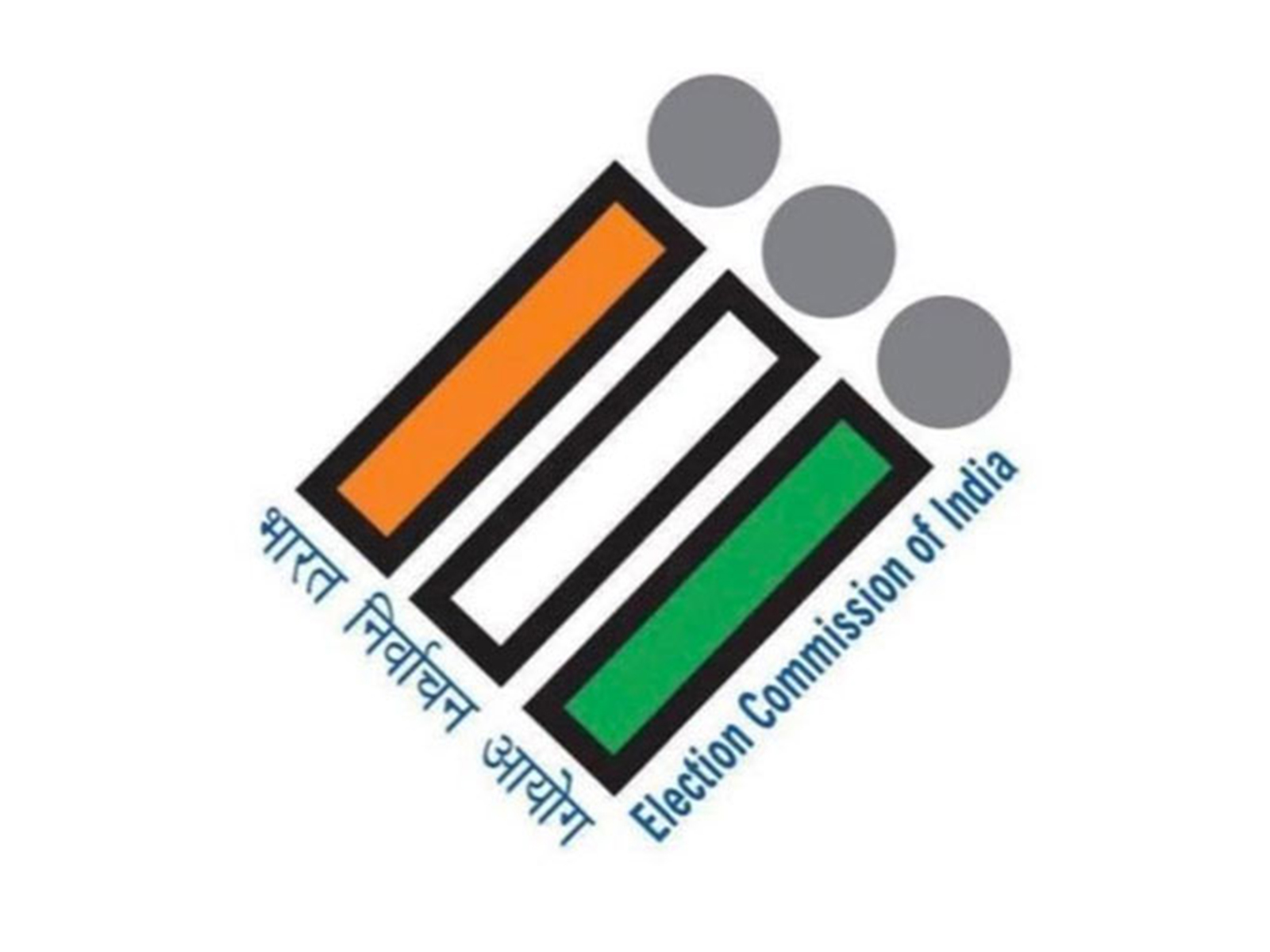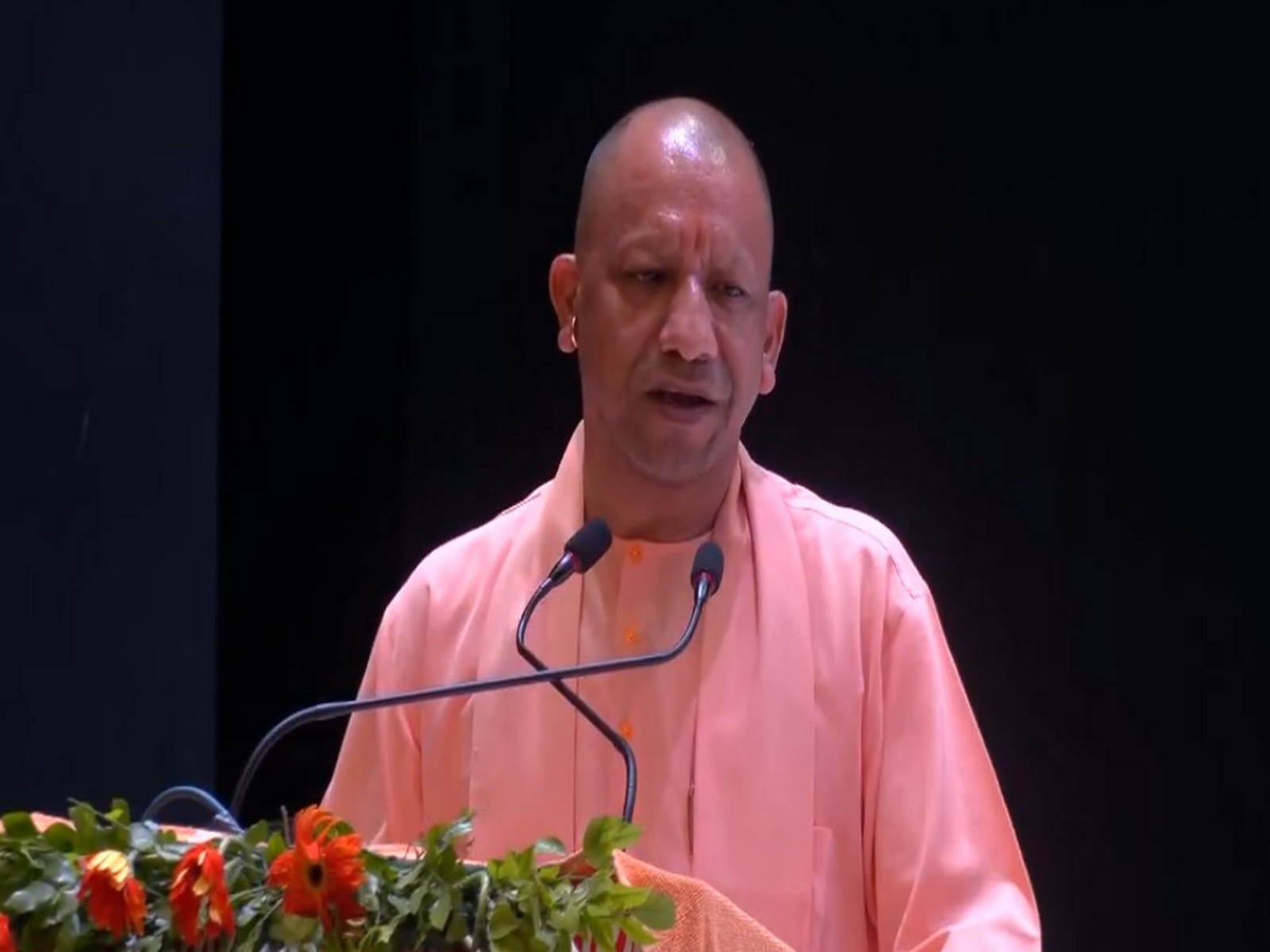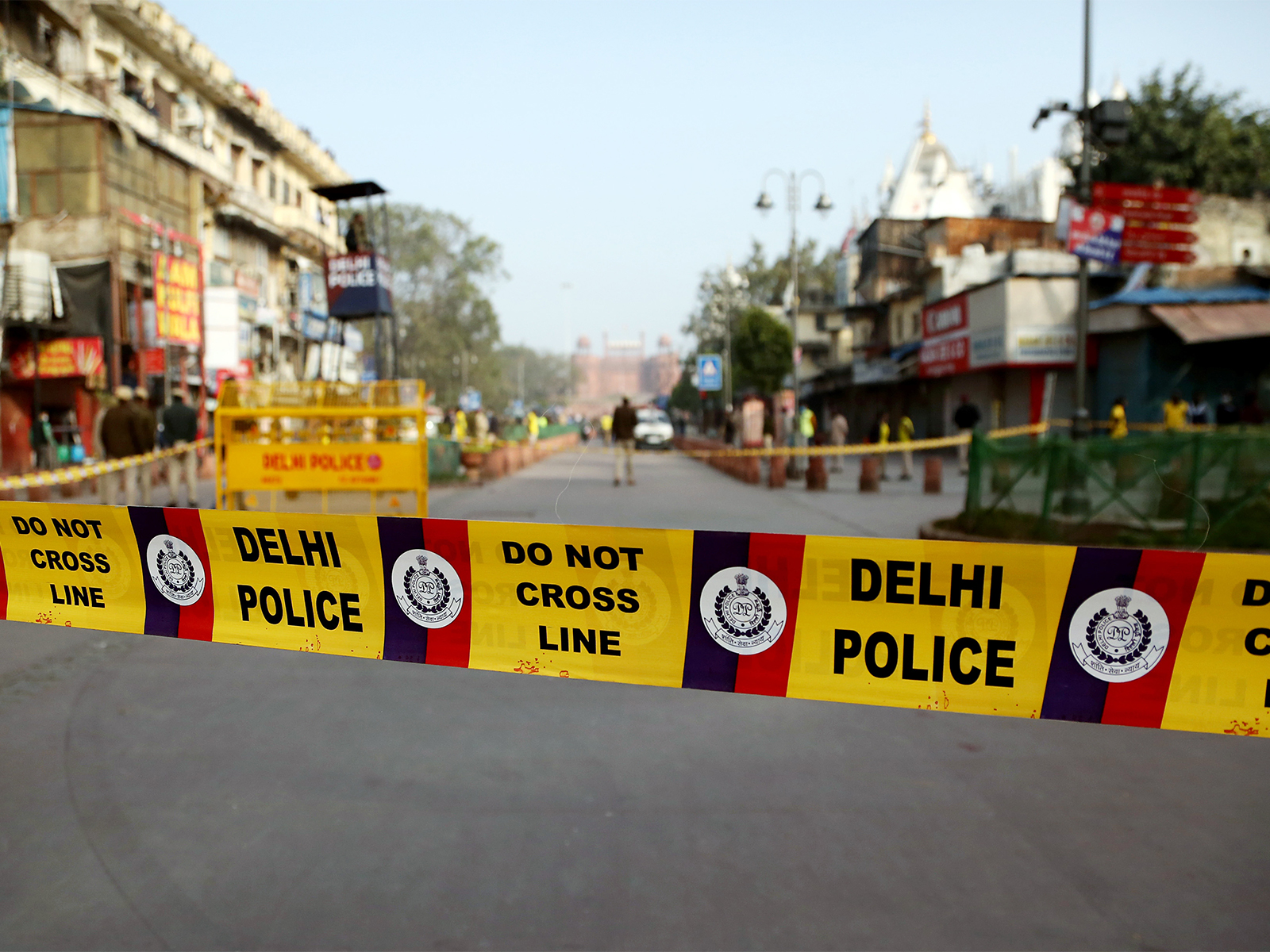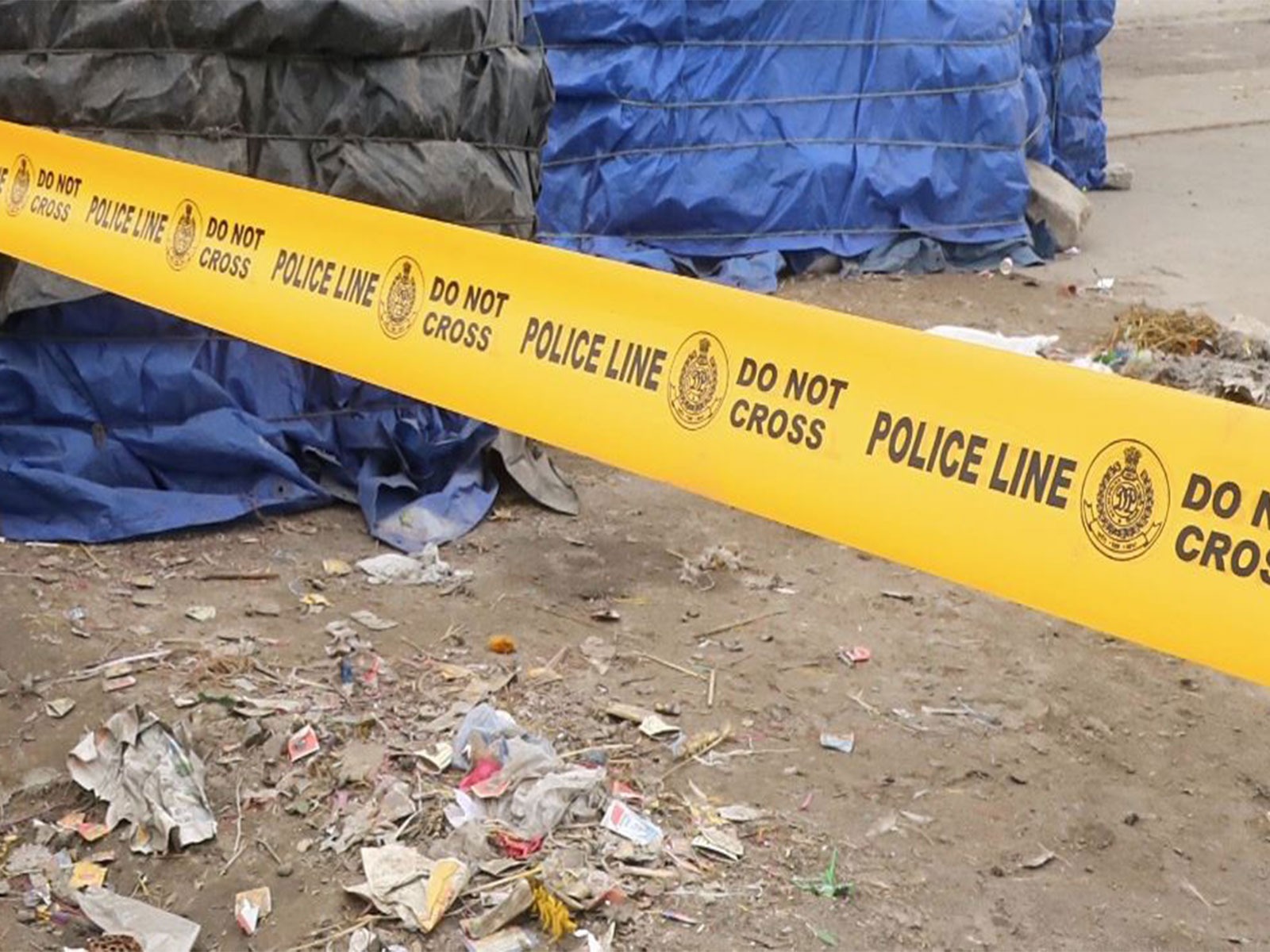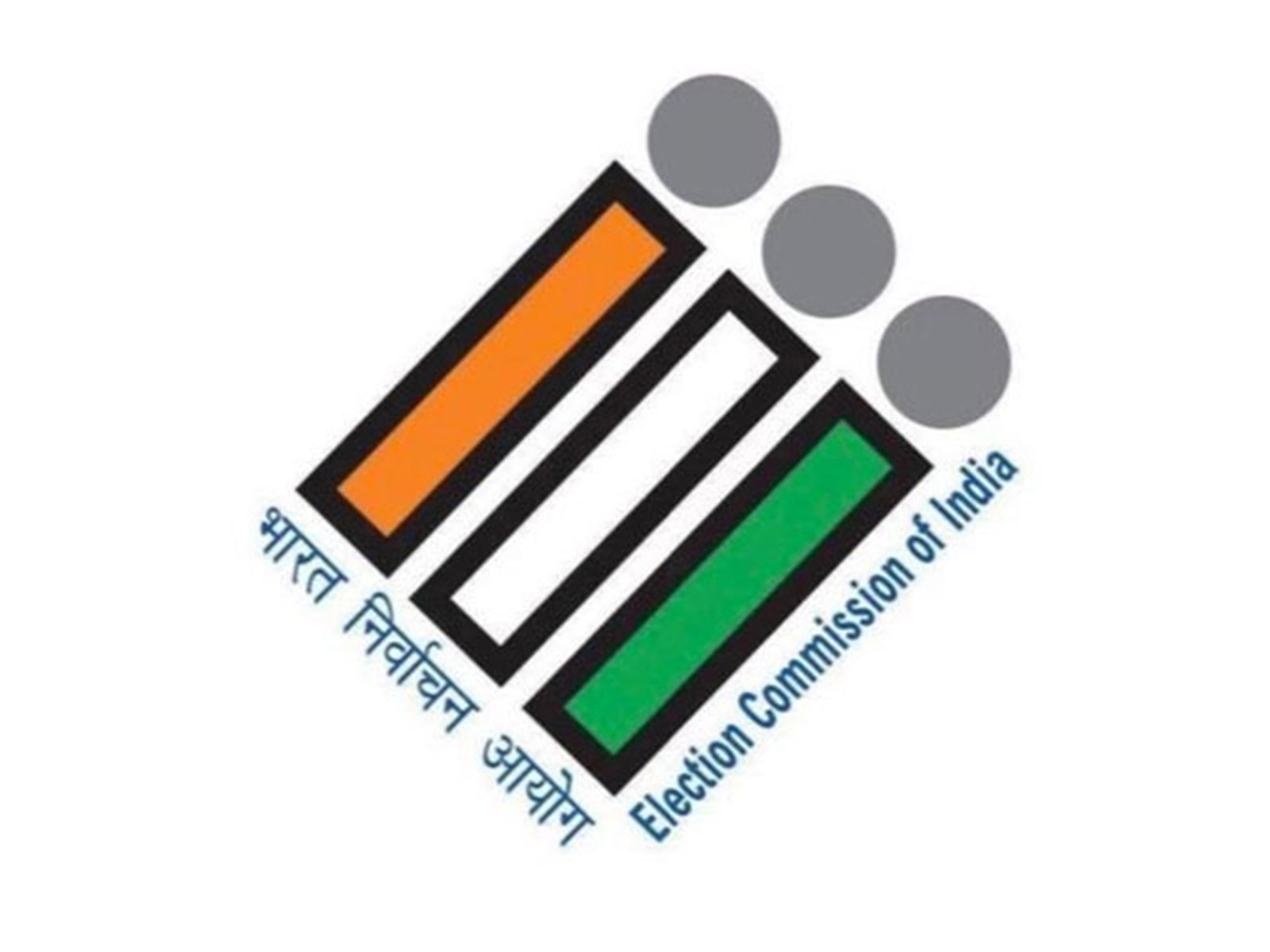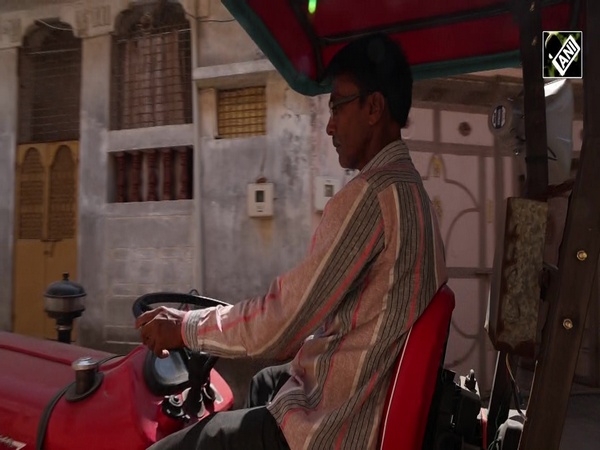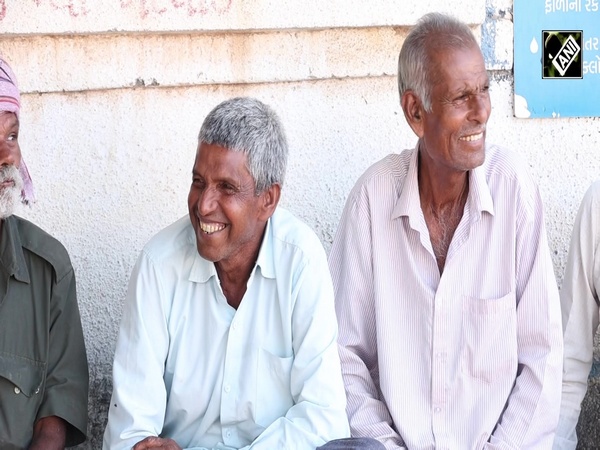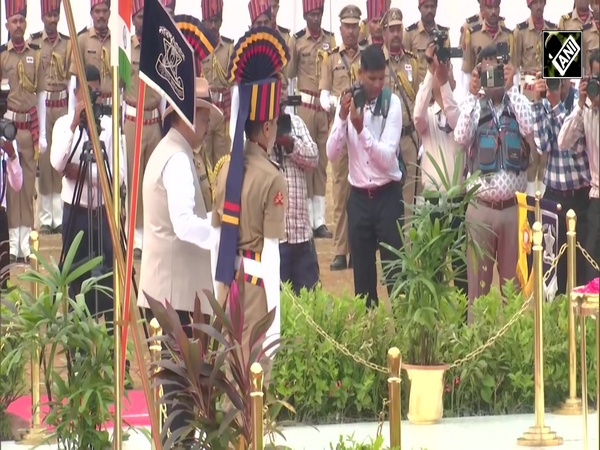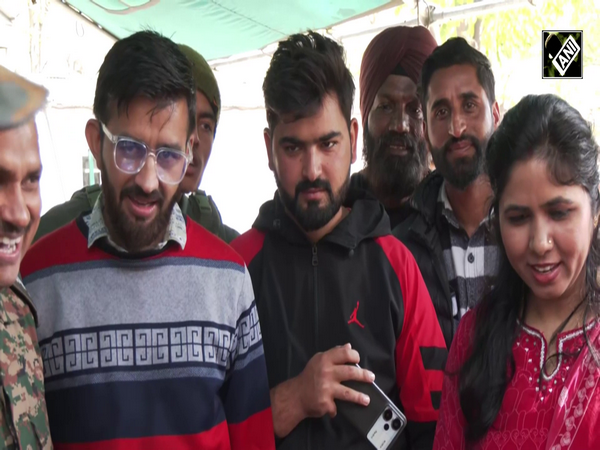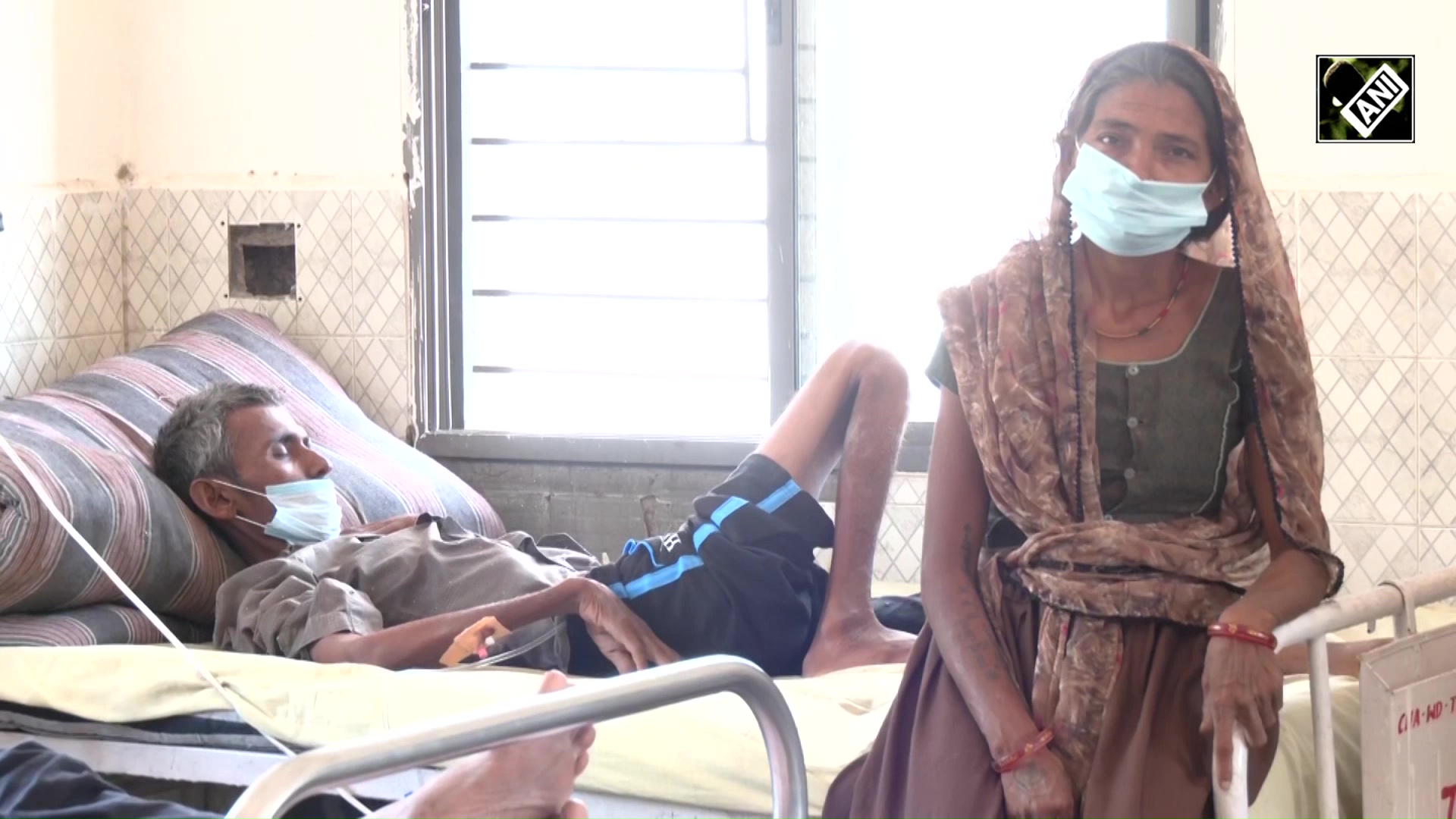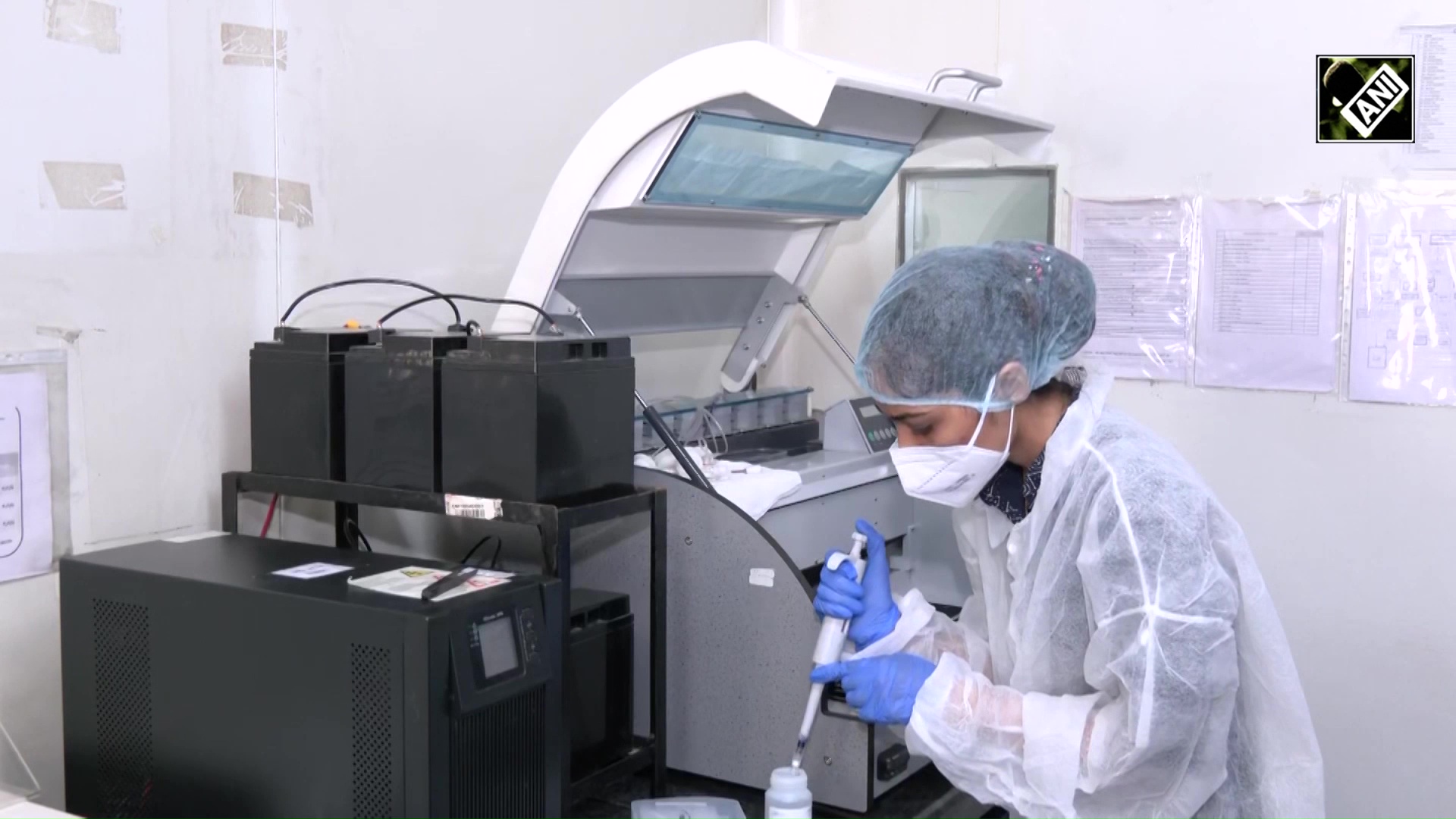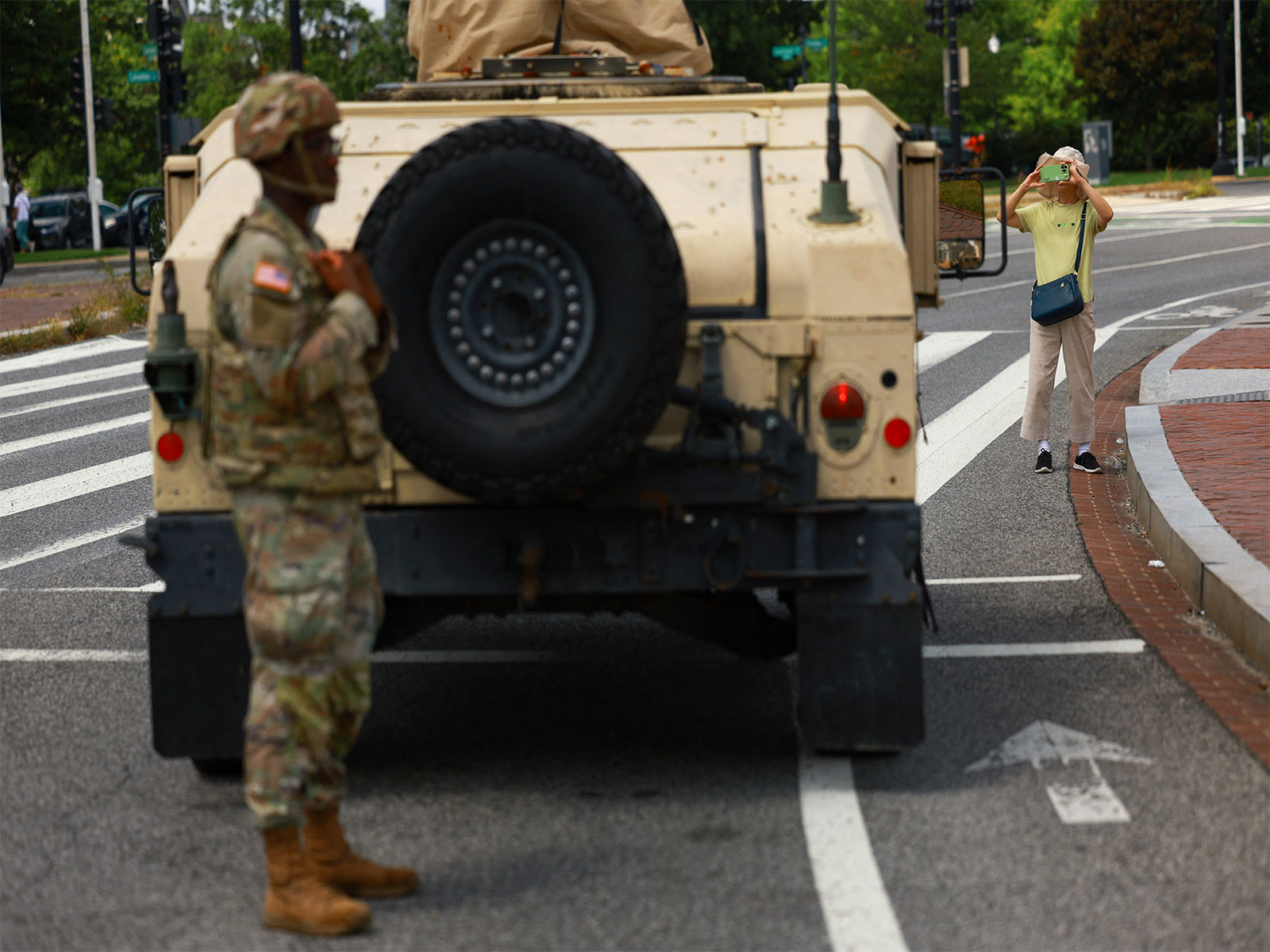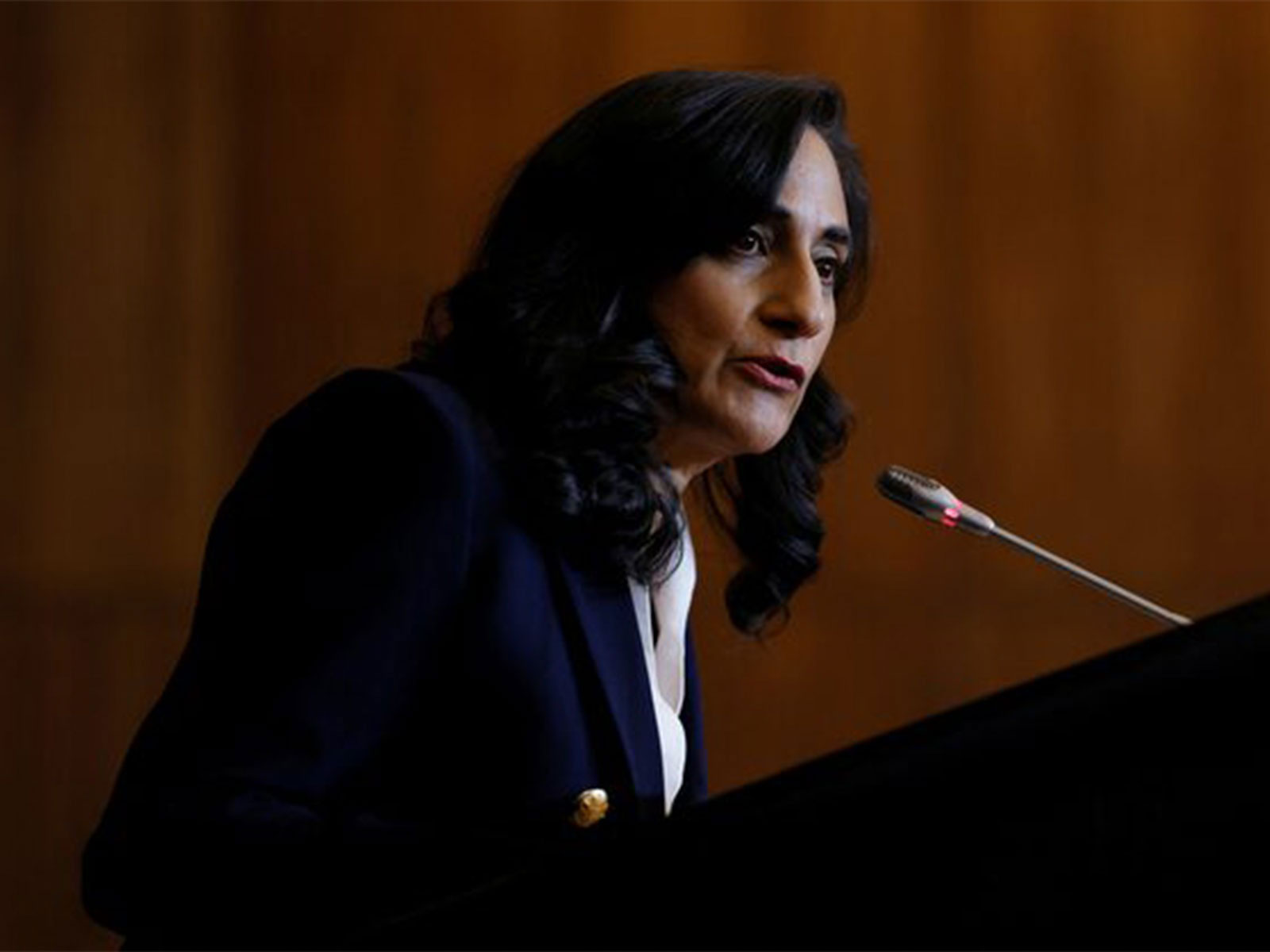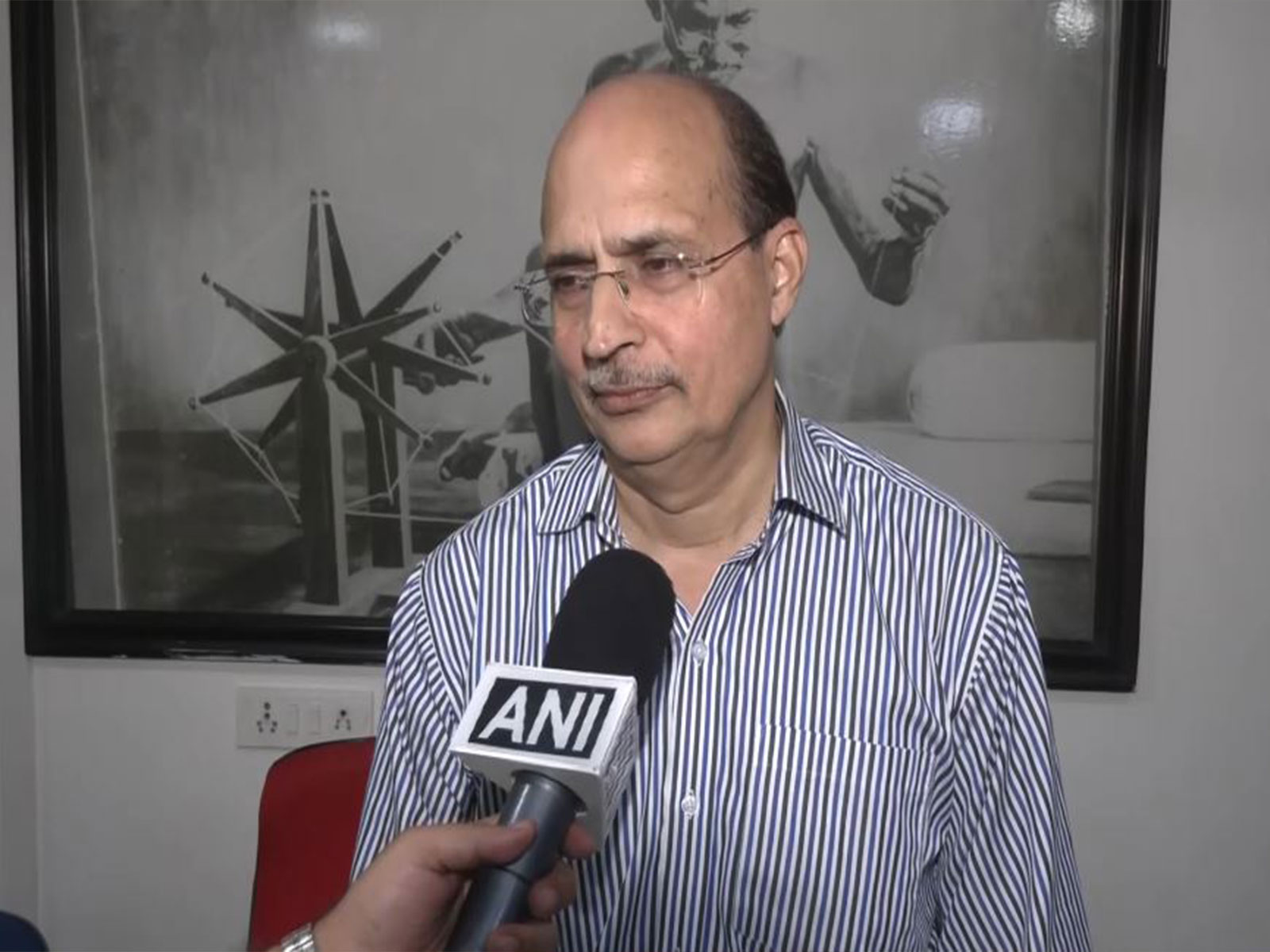
Spike in firecracker injuries during Diwali: 30+ cases reported, says Chandigarh doctor
Oct 21, 2025
Chandigarh (Punjab) [India], October 21 : Chandigarh is witnessing a rise in firecracker-related injuries this Diwali season, with over 30 patients, many suffering from serious eye and head trauma, treated so far. According to Professor SS Pandav from Postgraduate Institute of Medical Education & Research, Chandigarh, most cases have been reported from Punjab, Chandigarh, Mohali, and even as far as Indore.
Speaking to ANI, Pandav emphasised that they are prepared for more such cases as Diwali celebrations are underway in some regions.
"We have been receiving an increased number of patients with injuries, particularly head and eye injuries caused by fireworks. Till now, around 30-35 patients have been treated. Most of these patients are from Punjab, Chandigarh, and nearby areas like Mohali and Indore, with fewer Haryana and Himachal Pradesh cases. We are prepared to handle more cases as Diwali celebrations continue in some regions," he said.
Prof. Pandav further emphasised avoiding the high-intensity blast crackers and opting for safer green firecrackers.
"It is advised to avoid fireworks and opt for safer alternatives like non-blast fireworks or green crackers to avoid injuries..." he said.
The Supreme Court relaxed the firecracker restrictions in the Delhi-National Capital Region (NCR) ahead of Diwali, allowing the sale and bursting of green firecrackers from October 18 to October 21 last week.
Delhi's air quality was in the "very poor" category on Tuesday, a day after Diwali, with Graded Response Action Plan (GRAP) II norms already in force.
According to the Central Pollution Control Board (CPCB), the overall Air Quality Index (AQI) in Delhi stood at 351 as of 4 pm today.
Bawana recorded an AQI of 424 and remains the only area with air quality that falls under the 'severe' category. AQI in Anand Vihar stood at 332, Ashok Vihar 373, Burari Crossing 388, IGI Airport (Terminal 3) 295, ITO 349, Lodhi Road 334, Mundka 380, Najafgarh 312, Narela 363, Patparganj 320 and Punjabi Bagh 399.
Health experts have raised concerns about the rising Air Quality Index (AQI) and its impact on vulnerable groups, particularly children, the elderly, and those with respiratory ailments.
Dr. Nikhil Modi, Respiratory Medicine Specialist at Apollo Hospitals, explained the seasonal factors contributing to the spike in pollution.
"As winter approaches every year, we see the AQI start to rise because as the air cools, the wind speed decreases, and cold air does not rise, causing pollution to accumulate at lower levels. Before Diwali, we started seeing that the AQI was rising, and after Diwali, it was expected that the AQI would rise further. As soon as pollution increases, people with allergies and lung problems face issues like difficulty in breathing, coughing, watery eyes, and other symptoms," Dr. Modi said.
"To protect yourself, we must take preventive steps and have our medicines if there is an allergy or breathing problem. Children and elderly people should avoid going outdoors and wear masks whenever they go out," he added.


